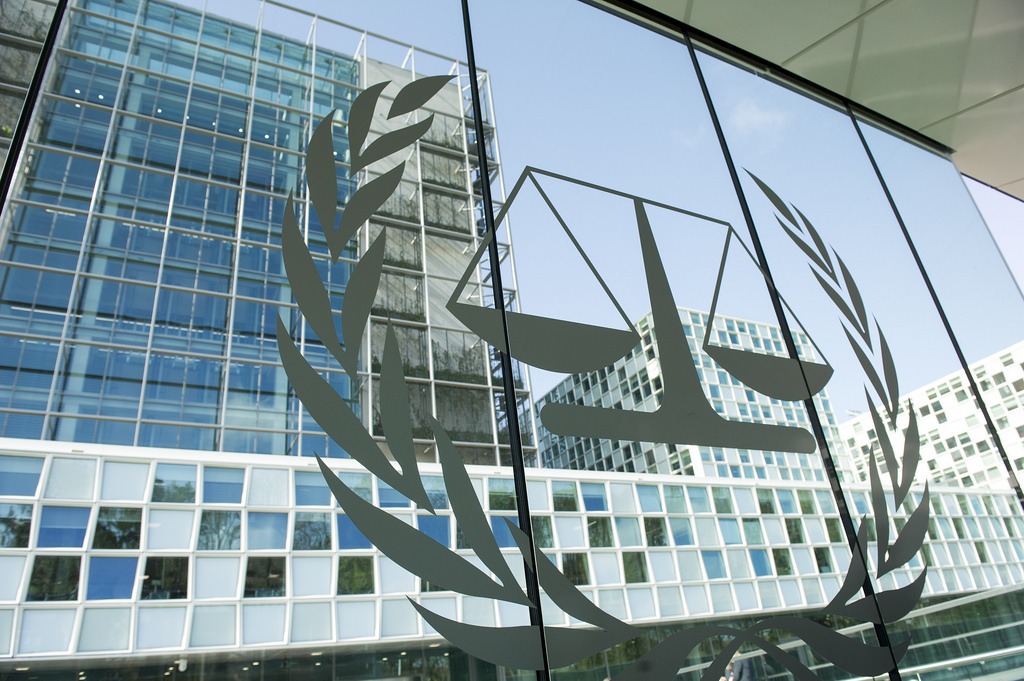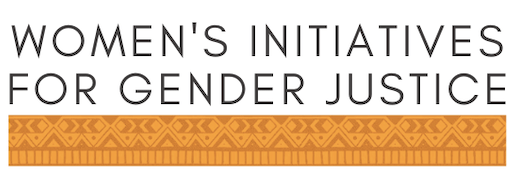
Election of six new ICC judges
In December, six new judges will be elected to the International Criminal Court (ICC) during the Assembly of States Parties (ASP) in New York. With five women judges completing their terms and leaving the ICC bench, only one of the 12 remaining judges is female. This is the lowest representation of women on the bench in the ICC’s history.
To address the under-representation of women judges at the ICC, we are advocating for States Parties to fill all of the six vacant posts in December with female candidates.
The nomination period closes on 16 July.
To date, eight female and two male candidates have been nominated for the judicial posts by States Parties.
Read a breakdown of judicial candidates by gender and nationality here
What is at stake?
As the work of the ICC is becoming more complex and with cases relating to eight different Situations under investigation by the Court, the need for highly competent judges is as important as ever.
The Rome Statute of the ICC requires a ‘fair representation’ of female and male judges and, as such, States Parties should elect women to all six judicial posts to be filled in December. At the same time, the Rome Statute also requires ‘equitable geographical representation’ amongst the judges of the ICC. This means that at least one candidate from an African State, one from an Asia-Pacific State and one from a Latin American or Caribbean State must be elected in December to ensure that the quotas for judges from each region are satisfied.
In our view, women from these three regions should be elected to all of the six vacant posts with more African women elected, reflecting the two largest regional memberships of States Parties (Africa and Latin America) and mindful that since the ICC began its work, 90% of its investigations and cases have been in relation to crimes within the ICC’s jurisdiction committed on the African continent.
Of the ten Situations under investigation by the ICC, five were referred to the ICC by the Government of Uganda, the Democratic Republic of the Congo (DRC), the Central African Republic (CAR and CAR II) and Mali. A further two were referred by the UN Security Council (Darfur and Libya) and three were opened proprio motu by the ICC Prosecutor after authorisation of the Pre-Trial Chamber, namely Kenya, Côte d’Ivoire and Georgia.
For more information, see https://asp.icc-cpi.int/en_menus/asp/elections/judges/2017/Pages/default.aspx
